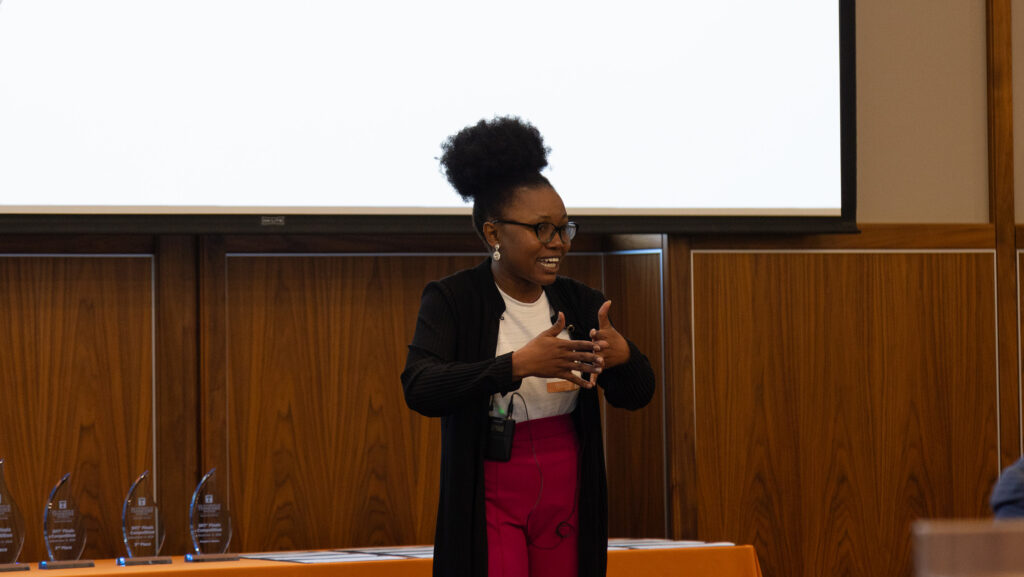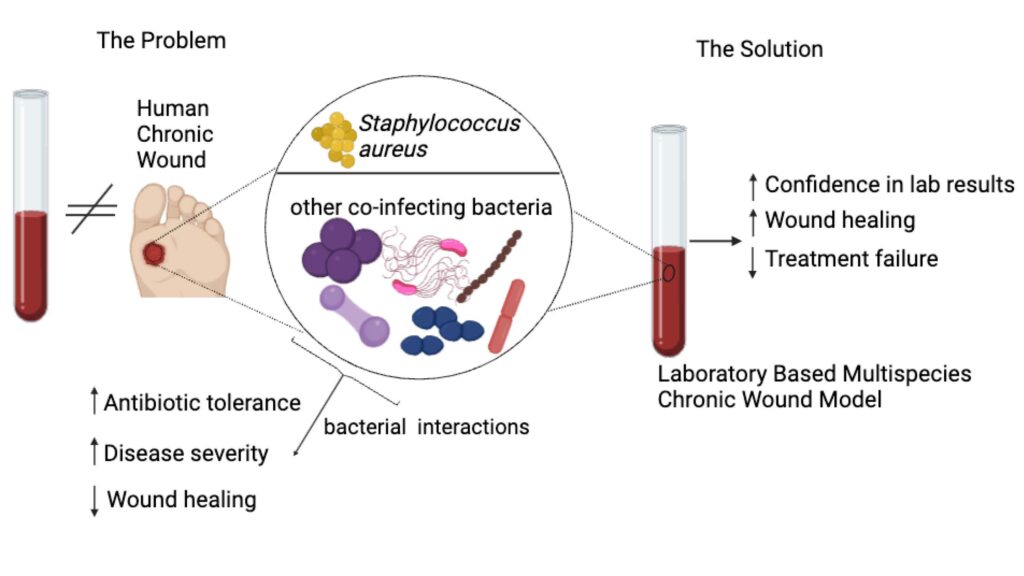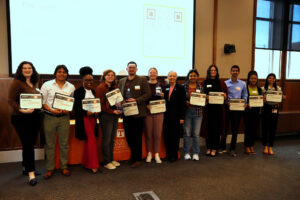
Eleven graduate students participated in the Fall 2024 Three Minute Thesis Final Competition. Subjects ranged across a number of topics involving human health, equity, animal behavior, history, engineering, economics and more. If you did not get an opportunity to attend the event, you can still experience the recording of the event. These presenters demonstrate the importance of being able to engage different audiences in the work done here at UT.
The Graduate School would like to introduce you to the winners of this year’s competition.
3rd Place
Roraig Finney
History
Roraig Finney provided the audience with a new lens through which to view immigration by looking at the history of the post-Civil War South. By mapping the the transformation of the economy of the southern US from the 1850s to the 1920s, one can see how attitudes about immigrants and immigration shifted from slavery to emancipation to railroads, sharecropping, and Jim Crow. Finney intends to show that “immigration politics is never just about immigrants.”

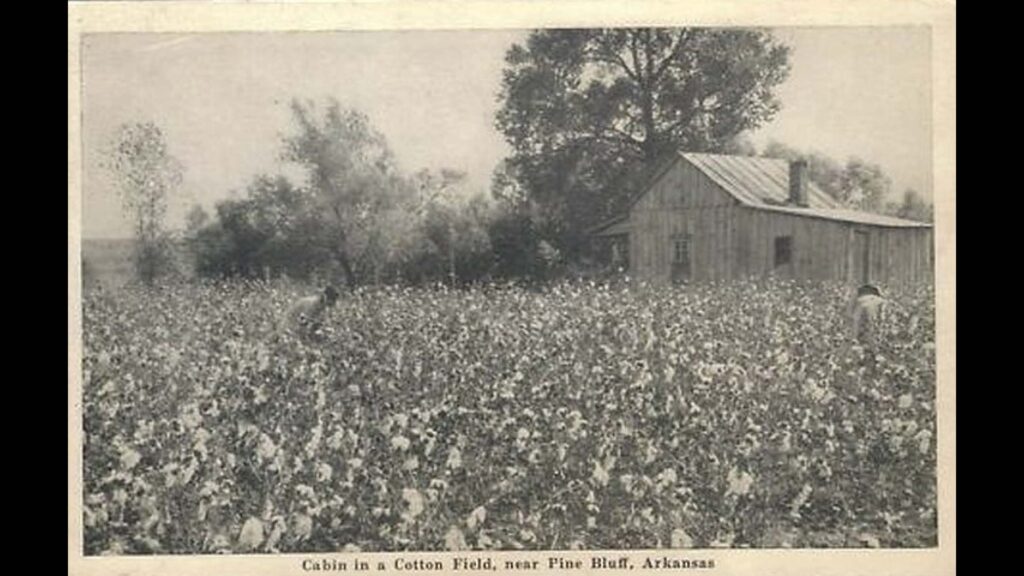
2nd Place
Irina Perfilova
Kinesiology and sport studies
Irina Perfilova focuses on developing more transparent pathways for athletes with physical, visual, and developmental disabilities to achieve their goals of competing in the Paralympic Games or the Olympic Games. Currently, these pathways are not well-defined and can be barriers for talented athletes seeking to compete at the elite level. As Perfilova says, “talent deserves opportunity, no matter where it comes from.

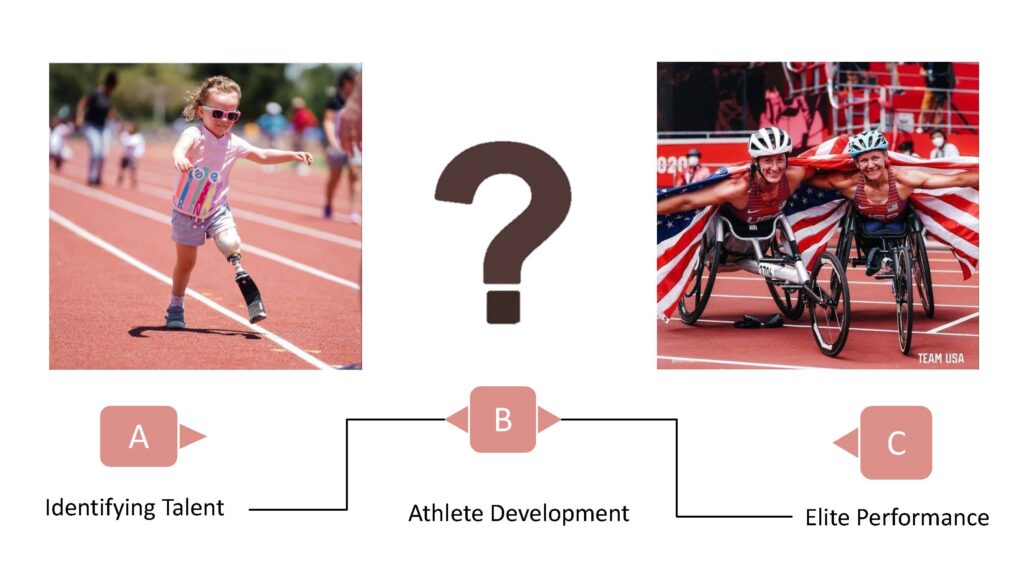
1st Place
Emmy James
Ecology and evolutionary biology
Emmy James presented on her work investigating the ways in which organisms modify their behavior in response to changing conditions, such as increased heat. Just as humans decide on what to wear based on the weather, organisms create “behavioral shields” to protect them against negative conditions. Focusing on tree swallows, James intends to set the groundwork for an inquiry into what happens when these “behavioral shields” fail.
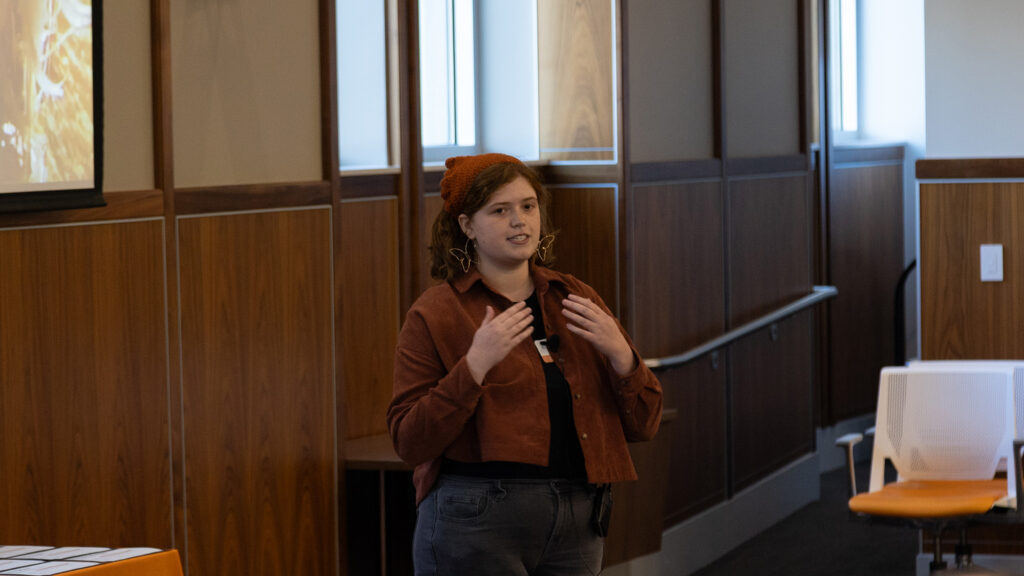
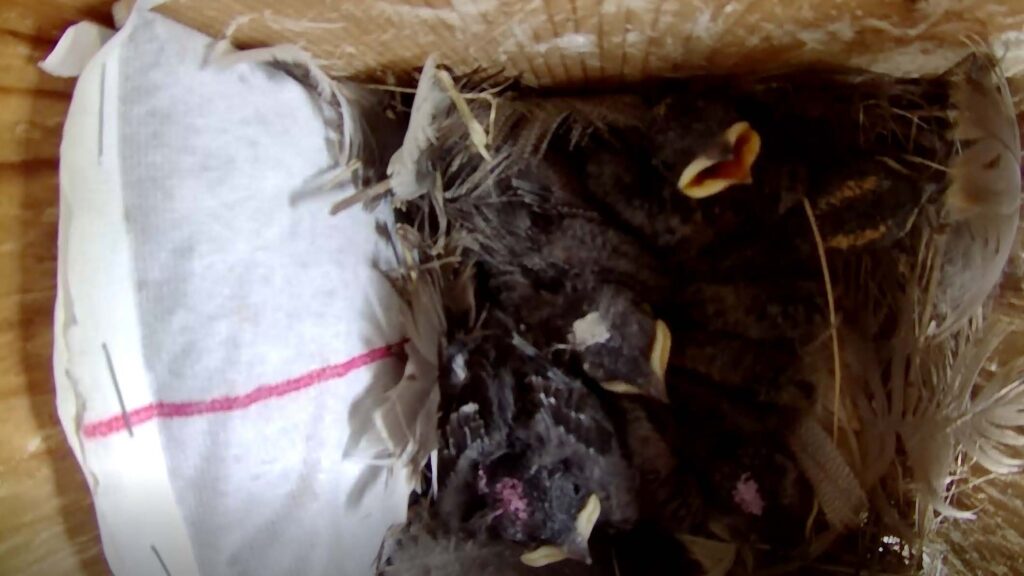
People’s Choice
Aanuoluwa Adekoya
Microbiology
Aanuoluwa Adekoya describes how the impact of chronic wounds are the result of multiple bacterial contributions from the skin or the environment, not just a single bacterium such as Staphylococcus aureus. She is developing an infection model that accurately mimics the environment of chronic wounds, to better understand bacterial interactions and develop better treatments, resulting in better outcomes. In addition, it will reduce the reliance on human subjects for this research.
